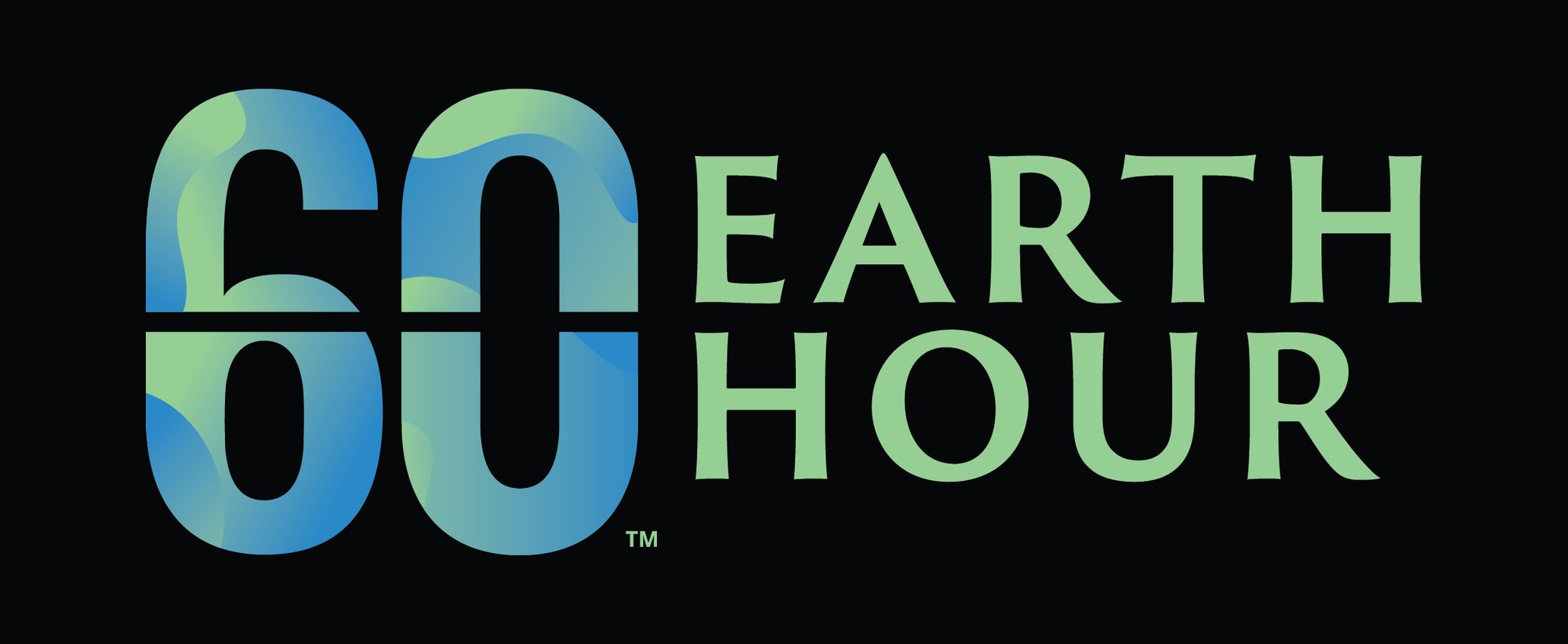FAQ’s
01 What is Earth Hour?
Earth Hour, organized by WWF, is a global grassroots movement uniting people to take action on environmental issues and protect the planet. Engaging a massive mainstream community, Earth Hour was famously started as a lights out event in Sydney, Australia in 2007. Since then, it has grown to engage millions of supporters globally, inspiring individuals and organizations worldwide to take action for the environment, and driving major legislative changes by harnessing the power of the crowd. As the movement grows, the one-hour lights out event continues to be the symbol of a broader commitment toward nature and our planet.
02 When does Earth Hour take place?
The dates of Earth Hour from 2023 to 2030 are...
- 25 March 2023
- 23 March 2024
- 22 March 2025
- 28 March 2026
- 20 March 2027
- 25 March 2028
- 31 March 2029
- 30 March 2030
03 How long has Earth Hour been going for?
The first Earth Hour event was held on 31 March 2007. WWF-Australia inspired Sydney-siders to show their support for climate action. More than 2.2 million individuals and 2,000 businesses turned their lights out for one hour in the first Earth Hour event.
04 What does Earth Hour ask people to do?
Earth Hour is calling on individuals, communities, and businesses across the world to switch off their lights and Give an hour for Earth, spending 60 minutes doing something - anything - positive for our planet.
Anyone, anywhere is invited to give an hour for Earth doing something they love. Whether it’s giving an hour through the realm of food, fitness and wellness, nature, creativity, entertainment, or sustainability - we want people to have fun on Earth Hour, and help the planet while they’re at it!
05 What does Earth Hour aim to achieve?
For the past 10 years, people around the world have come together every Earth Hour to support efforts to tackle climate change. And, together, we have created a powerful movement that helped deliver strong global commitments to tackling this threat. Climate change remains a big challenge for us all.
But another urgent threat now demands our attention: the staggering loss of biodiversity and nature. Earth Hour today endeavors to spark global conversations on protecting nature not only because it is our strongest ally against to the climate crisis - but also because of its importance in ensuring our own health, happiness, prosperity and even survival.
06 What does a commitment to Earth Hour mean?
07 Do you have requirements or regulations about who can or cannot partner with Earth Hour?
Any partner must uphold and support the aims and principles of Earth Hour. These include encouraging individual and community engagement on environmental issues. Encouraging conscious decisions to change the way we live in order to affect environmental reform, without the use of scare tactics or shaming. The specific decisions about whether or not to partner with a group or corporation are made at local level by Earth Hour country and city teams based on what suits their needs and community in achieving the goals of Earth Hour.
Importantly, not everyone can call themselves partners of Earth Hour. The title “partner” is reserved only for organisations with a signed legal contract with WWF. Please refer to our Terms of Use for more information.
08 Whose idea was Earth Hour?
Earth Hour came from a think tank initiated by Earth Hour Co-Founder, Andy Ridley, resulting in the formation of a partnership between WWF-Australia, Leo Burnett and Fairfax Media to address the climate change issue.
In 2007, there was still a degree of skepticism and denial on the issue of climate change. Earth Hour came as the inspiration to rally people to the reality of climate change and start a dialogue about what we as individuals can do to help address the planet’s biggest environmental challenge yet. Leo Burnett partnered with WWF to promote the idea and help make the campaign a reality in Sydney, a campaign which has now gone beyond Australia and climate change to symbolize the growing global pursuit of a better, sustainable future for all.
